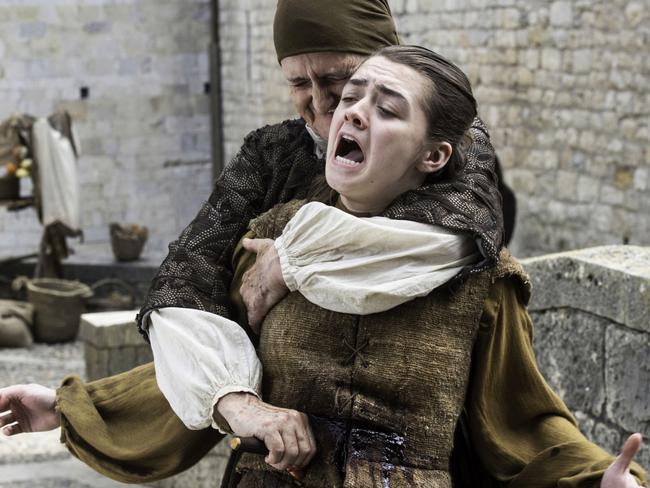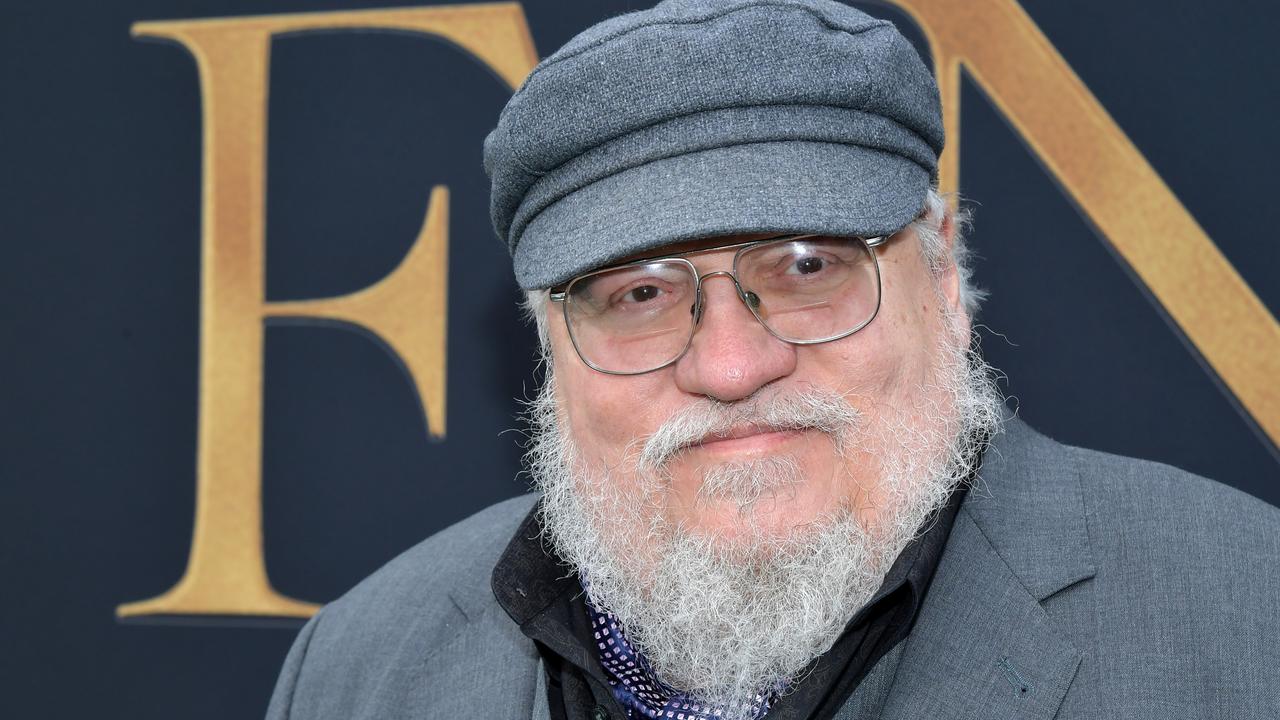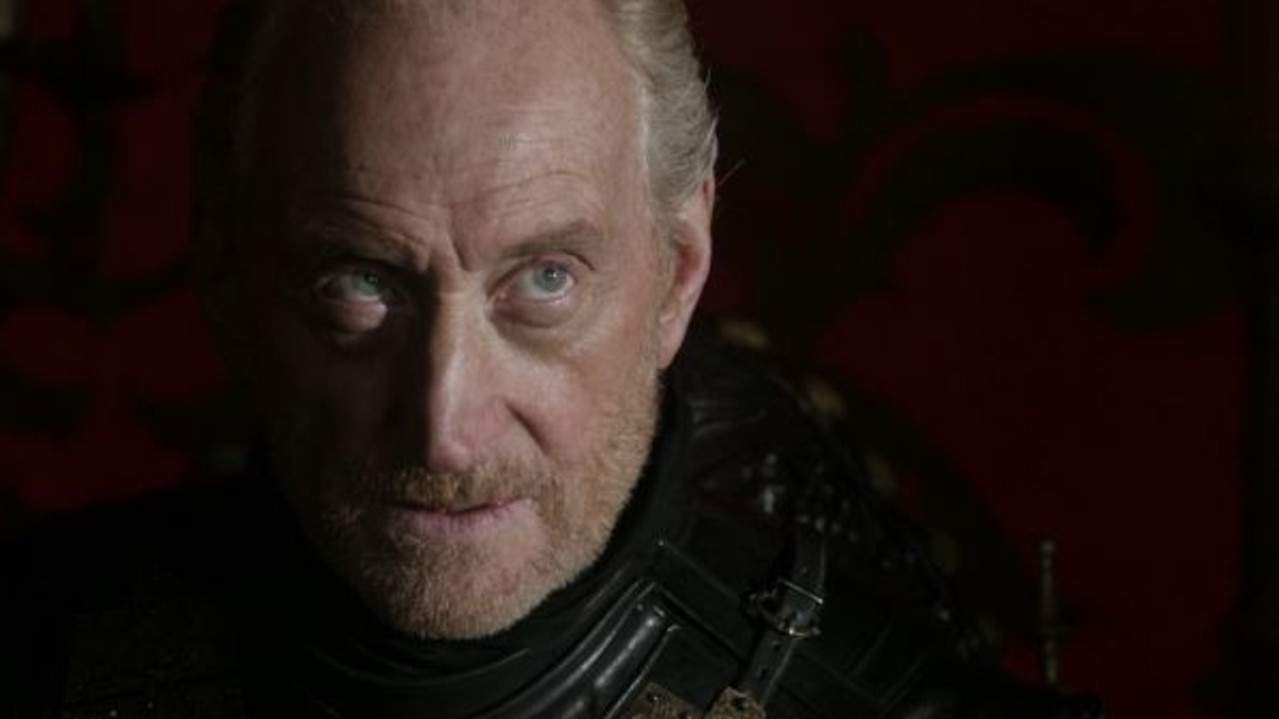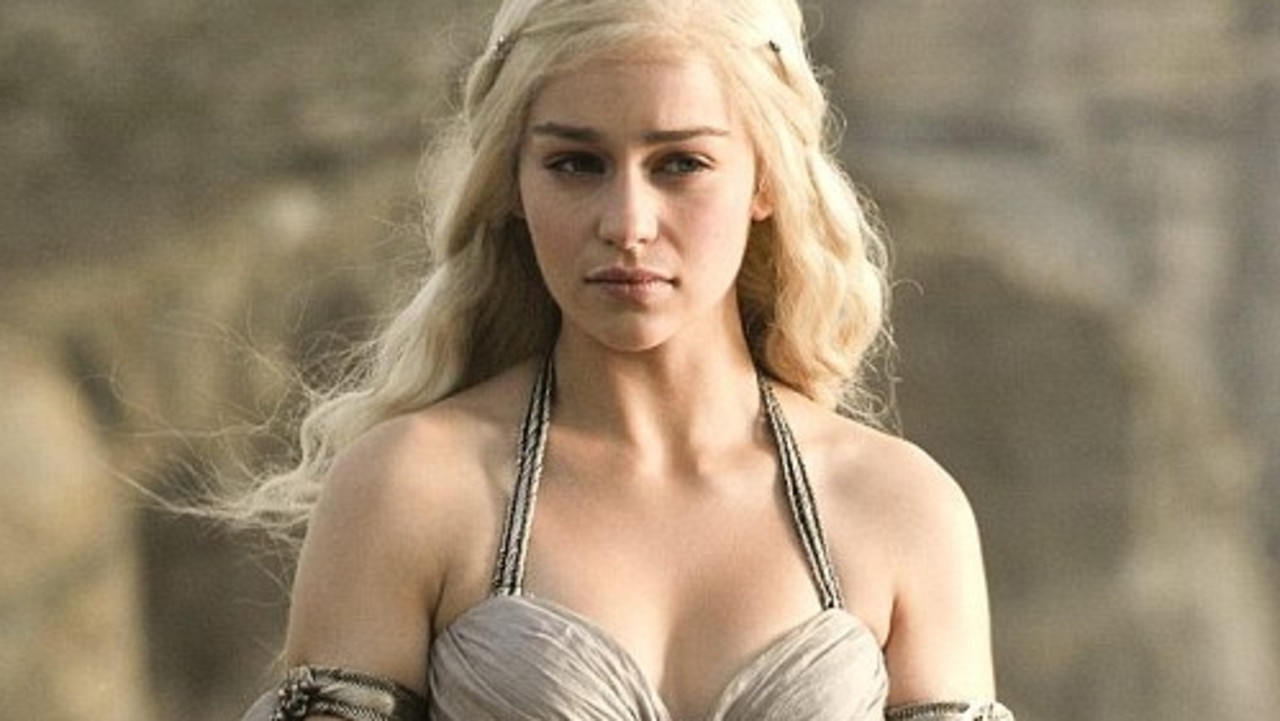Wimpy ‘Game of Thrones’ needs to start killing off the good guys
THE Game of Thrones finale airs today, but so far, nine episodes in, there’s one big thing that’s been missing this season.
THE Game of Thrones finale airs this morning, but so far, nine episodes in, there’s one big thing that’s been missing this season: deaths of main characters.
Unexpected departures have long been one of the series’ delightful hallmarks, from Ned Stark’s (Sean Bean) beheading at the end of season one to season three’s gruesome Red Wedding to Jon Snow (Kit Harrington) getting stabbed by the men of the Night’s Watch at the end of last season.
Instead, this season, the show’s sixth, started out with Melisandre (Carice van Houten) raising Snow from the dead, while other main characters have been in little danger or have unbelievably thwarted death. It’s been a lacklustre and uneventful run, save for last week’s “Battle of the Bastards.”
Tyrion (top-billed Peter Dinklage) has spent the past two months standing around, getting sloshed on wine and cracking jokes in various stone chambers at Meereen. Diminutive Daenerys (Emilia Clarke) easily defeated dozens of strapping Dothraki hunks.
Sansa (Sophie Turner) survived her daring escape from the evil clutches of her husband Ramsay Bolton (Iwan Rheon) and was reunited with her brooding half-brother, Jon. Arya (Maisie Williams) was gutted like a flounder by the Waif (Faye Marsay) and fell into the sea, but somehow managed to survive.
It was so unbelievable, it’s sparked rumours that Arya actually died and the Waif took on her identity.
Incestuous siblings Cersei (Lena Headey) and Jaime (Nikolaj Coster-Waldau) mounted an unsuccessful campaign to defeat the High Sparrow (Jonathan Pryce), but they also remain alive.
Even supporting characters have been spared: Ser Jorah (Iain Glen) went off in search of a good dermatologist instead of succumbing to Greyscale, while the Hound (Rory McCann) returned after being left for dead at the end of season four.

The only major death has been Ramsay Bolton’s (Iwan Rheon) in the “Battle of the Bastards” against Jon Snow, and we saw that one coming from many kingdoms away.
They weren’t going to kill Snow again, so Bolton had to lose. His death was not as satisfying or surprising as that of King Joffrey (Jack Gleeson), poisoned at his own wedding.
That said, in the finale, it wouldn’t be surprising to see a bloodbath at King’s Landing as things reach a head between the religious zealots and the Lannisters, but even then, yawn.
King Tommen (Dean-Charles Chapman) has long been destined to die, and, while Headey’s Cersei is delightful to watch — and a fan favourite — she’s a villain, not a hero.
Killing the good guys, not just the bad guys, is what makes the best-selling George R.R. Martin books upon which the series is based revolutionary and painfully pleasurable.
The novels up-end the conventions of fantasy popularised in such works as Tolkien’s Lord of the Rings.
This season, for the first time ever, the show moved beyond Martin’s books — the great author is still finishing the long-delayed sixth novel in the series, The Winds of Winter — and fell back on genre cliches and crowd-pleasing storylines.
Another issue is that the producers need to stretch out the action.
The show was originally set to run for seven seasons, but in April it was announced that it would go for eight.
HBO may have delivered a bit of a disappointment for this season to ensure plenty of heat for the final two.
Let’s just hope that when the end of Thrones finally does come, it’s not a happy one.
This article was originally published in the New York Post



